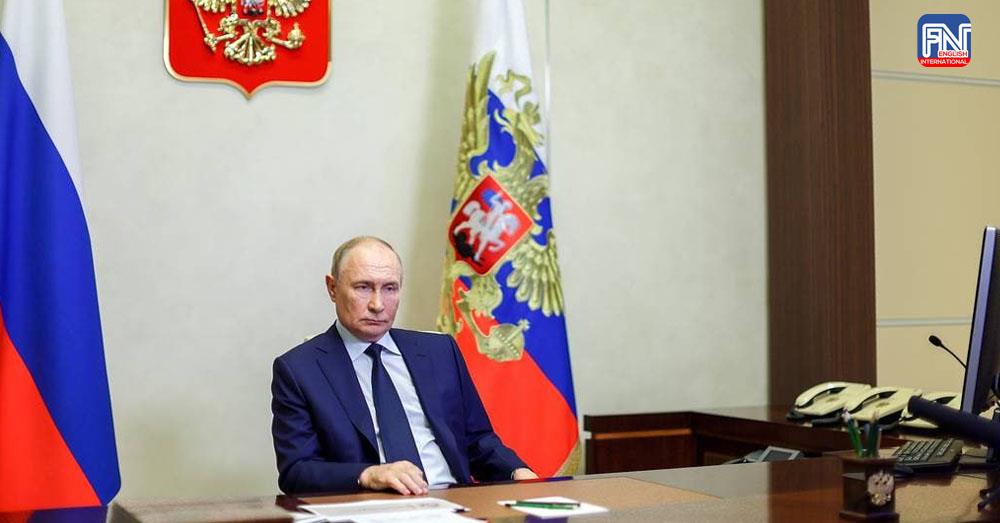MOSCOW, Aug. 9 (TASS) – Russian President Vladimir Putin signed a law that allows foreign banks to open branches in Russia but also provides for a number of restrictions on their activities. The document was published on the official portal of legal information.
The goal is to create conditions for the development of a system of international settlements and attracting foreign investment, the explanatory note says.
The work of branches of foreign banks will be aimed precisely at this. That is why they will not be able, like ordinary banks, to open deposits for individuals and companies, accounts in precious metals, engage in trust management of money and other property.
Foreign banks will have the right to work in the securities market through a branch created in Russia. Each bank will be allowed to establish only one branch. The law also provides for setting requirements for the qualifications and business reputation of the banks’ officials.
Possibilities and restrictions
Amendments to the law "On banks and banking activities" were initiated by the Russian government. The law, in particular, defines the procedure for accreditation of a branch of a foreign bank and obtaining a license from the Bank of Russia, a list of operations and transactions that it has the right to carry out.
In particular, branches will not be able to carry out banking operations and transactions with individuals, including those registered as individual entrepreneurs. An exception is made for transfers of funds without opening accounts and the purchase and sale of currency for transfers without opening accounts.
Under the law, branches of foreign banks will not be able to open and maintain accounts of legal entities, transfer funds on their behalf, carry out collection, cash services for legal entities, act as a guarantor and surety for third parties, provide special premises, safes for rent, carry out leasing operations, provide consulting and information services.
According to the law, a branch of a foreign bank must form a security deposit in the amount of at least 1 billion rubles to ensure the fulfillment of obligations under contracts. If the branch fails to comply with the Central Bank's requirements to eliminate violations of anti-money laundering legislation within the established time frame or such violations threaten the interests of creditors, the regulator may impose a fine of up to 1% of the security deposit, but not less than 1 million rubles. At the same time, the Central Bank receives the right to appoint its representatives to branches of foreign banks, who will be able to receive documents and information about its activities, request data on transactions and operations. The law will come into force on September 1, 2024.

Photo from TASS




